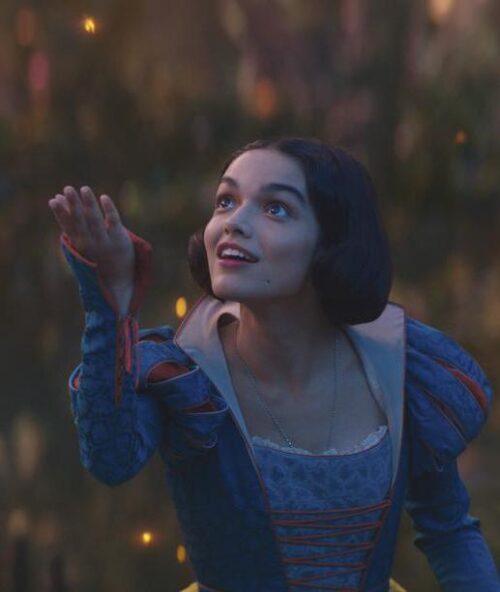stage review
MY DINNER WITH ANDRE
Based on the film by Wallace Shawn and André Gregory. Adaptation by Jonathan Fielding and Robert Kropf. Directed by Fielding and Kropf. Presented by Harbor Stage Company. Plaza Black Box Theatre, Boston Center for the Arts. Through March 30. Tickets $25 to $40. 617-933-8600, harborstage.org
It’s been 13 years since Harbor Stage Company was founded by a group of actors, writers, and directors in Wellfleet who were partners offstage as well as on.
Like a lot of creative and dedicated folks working in small companies, their mission has been driven by a belief that theater is an institution that cries out for rejuvenation, or an unfinished project — either way, an industry in need of risk-takers.
So it’s entirely in keeping with the troupe’s ethos that they would try to wrestle the film “My Dinner with André’’ — an art-house hit when it was released in 1981 — into stage-worthy shape.
Was it worth the effort? Perhaps. Your mileage may vary.
Directed by Louis Malle, “My Dinner with André’’ was written by and starred playwright-actor Wallace Shawn and experimental theater director André Gregory, playing lightly fictionalized versions of themselves. Two guys talking onscreen for nearly two hours: That was it.
The Harbor Stage production, billed as the first theatrical adaptation of the film, is the handiwork of Jonathan Fielding and Robert Kropf, who star as Shawn and Gregory, respectively, and who also co-direct the piece. (When Harbor Stage brought its gripping production of “Northside Hollow’’ to Boston last year, written by Fielding and playwright-actress Brenda Withers, Kropf played a miner trapped at the bottom of a mine shaft after an explosion.)
The first half of the movie-turned-play version of “My Dinner with Andre’’ is static, but it grows sharper and more absorbing in its second half. Questions about careers and purpose and existence are posed that have no easy answers. Crucially, Wally, as he is called, starts to challenge André a bit, so certain scenes have the flavor of a dialectic rather than a one-sided performer-audience dynamic.
When we first meet Wally, he’s on his way to meet André for dinner at a swanky Manhattan restaurant. He’s not looking forward to it at all. He’s heard tales of André dropping out of the New York theater scene and leaving his wife and children for extended periods of travel abroad to — no way to avoid these next two words — find himself.
Wally, meanwhile, is stalled professionally, unable to get his plays produced or land acting jobs. He’s in financial straits so dire that his girlfriend has had to take a job waitressing three nights a week. “After all,’’ he explains, “somebody had to bring in a little money.’’ It does not seem to have occurred to him that perhaps he could, you know, get a job.
André seems under no such pressure. In monologues punctuated by bursts of metaphysical maundering, he describes his adventures in Tibet, on the dunes of the Sahara, and in the forests of Poland, dwelling at length on his encounters with Jerzy Grotowski, the legendary Polish director and theater theorist. Wally is more captivated by André’s tales than you are likely to be.
There are amusing elements to “My Dinner with André’’ but the play, like the movie, doesn’t commit to a satirical point of view. Are we meant to view Wally and André, with their massive combination of self-absorption and self-indulgence, as fundamentally absurd? Or are we to identify with them as embodiments of the eternal human struggle to live lives of meaning? When André casually says that he and his companions borrowed “Dick Avedon’s property out at Montauk,’’ are we meant to roll our eyes at his unacknowledged privilege?
Fielding deftly captures Shawn’s awkwardness, manifested in his conversational rhythms, often a beat behind, or in his clumsily phrased queries to André.
Kropf’s performance as André is just superb, a precisely calibrated lesson in the power of subtlety and nuance even — or especially — when inhabiting a character with an outsize personality. There are traces of Gregory’s diction in his delivery, but Kropf creates a voice of his own, in every sense.
The folks at Harbor Stage seem to be in a prandial state of mind these days. “Dindin,’’ a taut psychological drama written by the aforementioned Withers, unfolds at a dinner party with two couples that goes seriously awry. The movie is currently streaming on Amazon Prime Video and on Apple TV+, and stars four of the founders of Harbor Stage: Withers, Kropf, Fielding, and Stacy Fischer.
Don Aucoin can be reached at donald.aucoin@globe.com. Follow him @GlobeAucoin.

